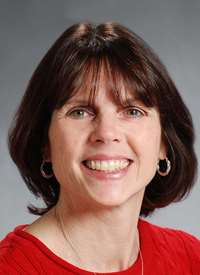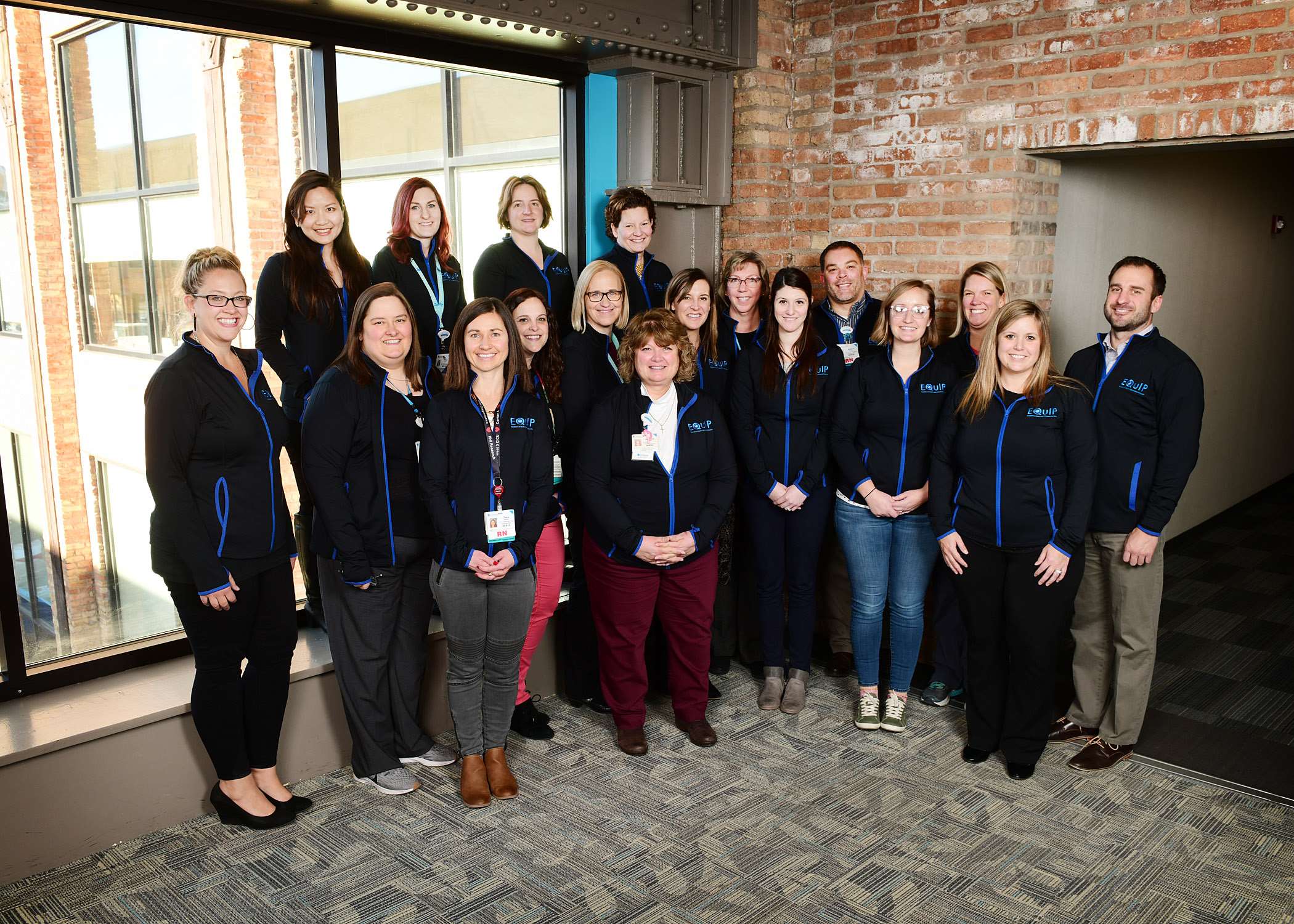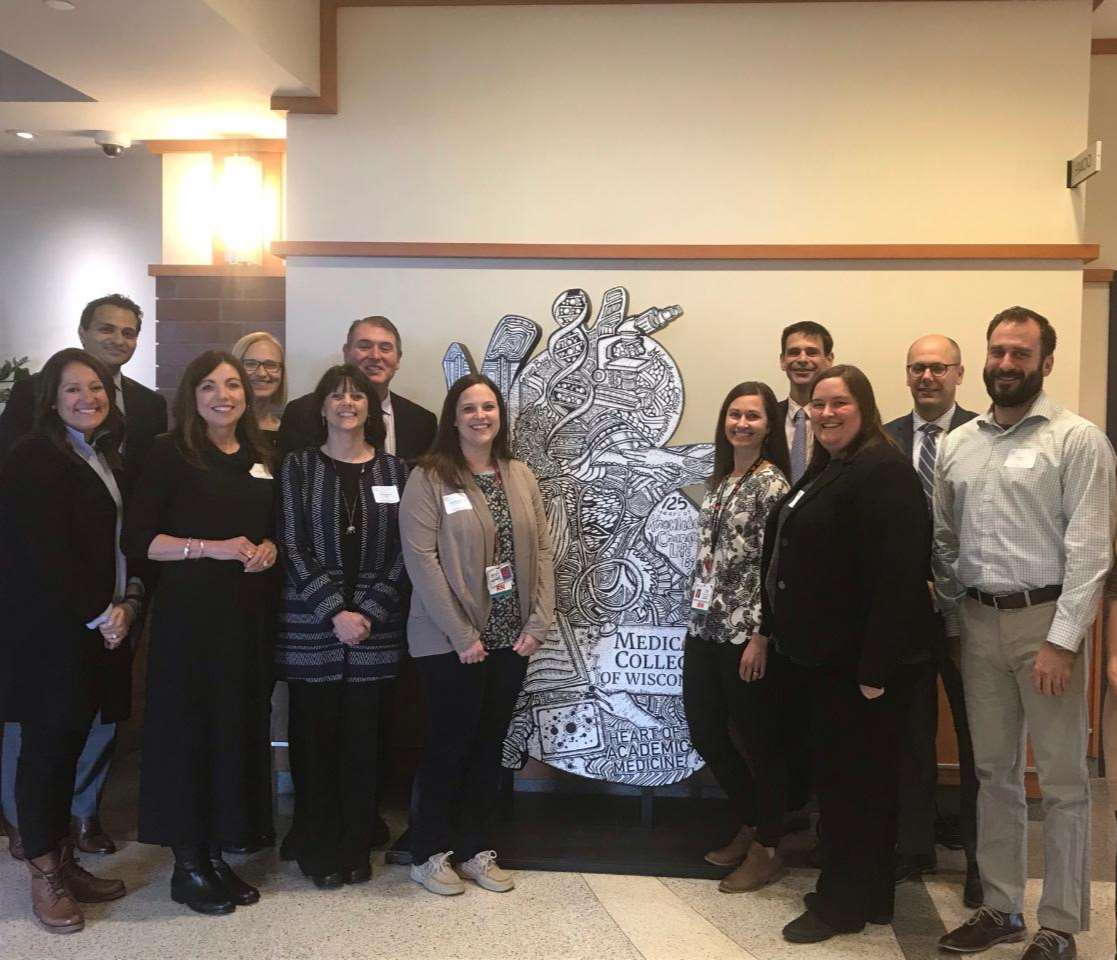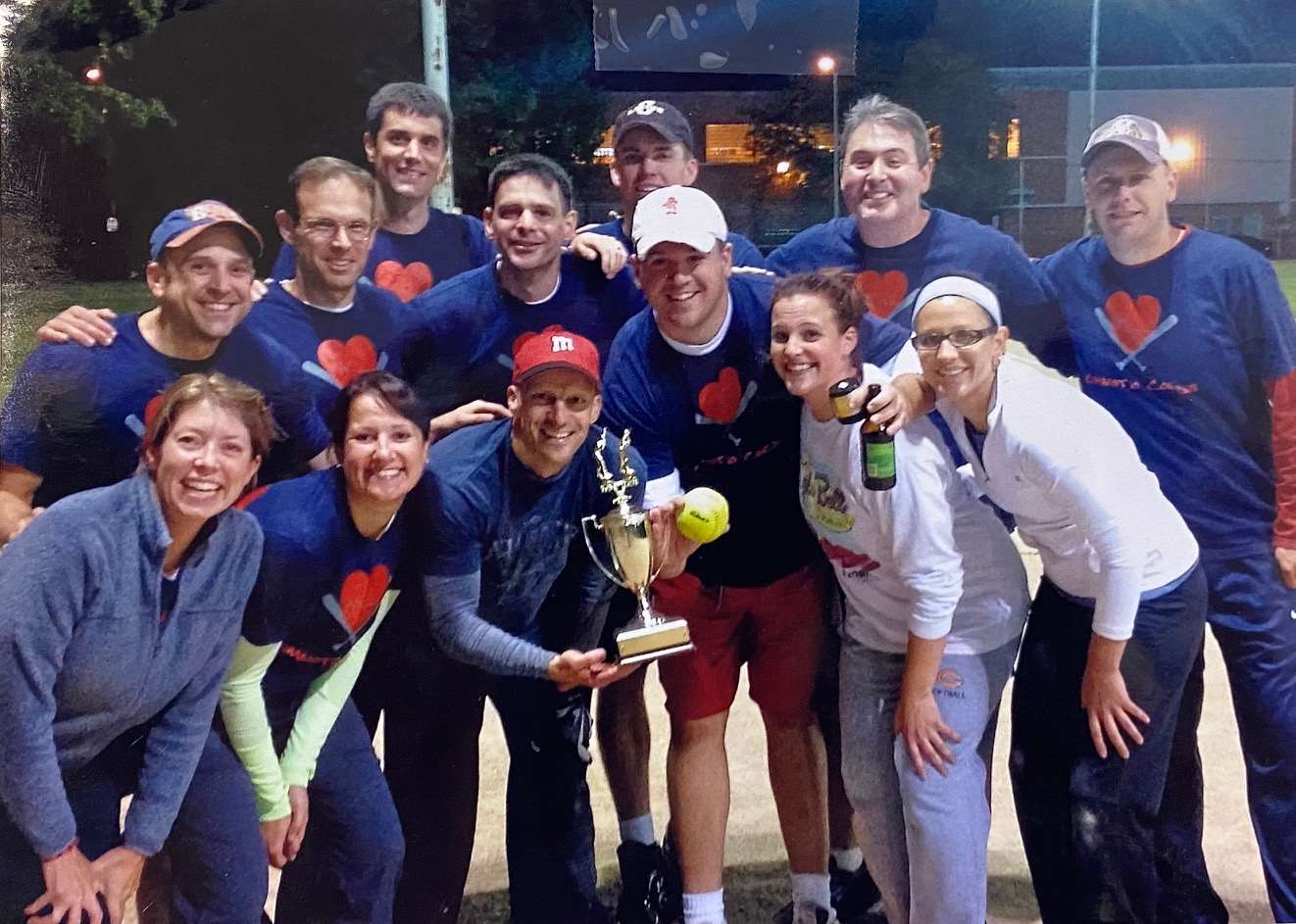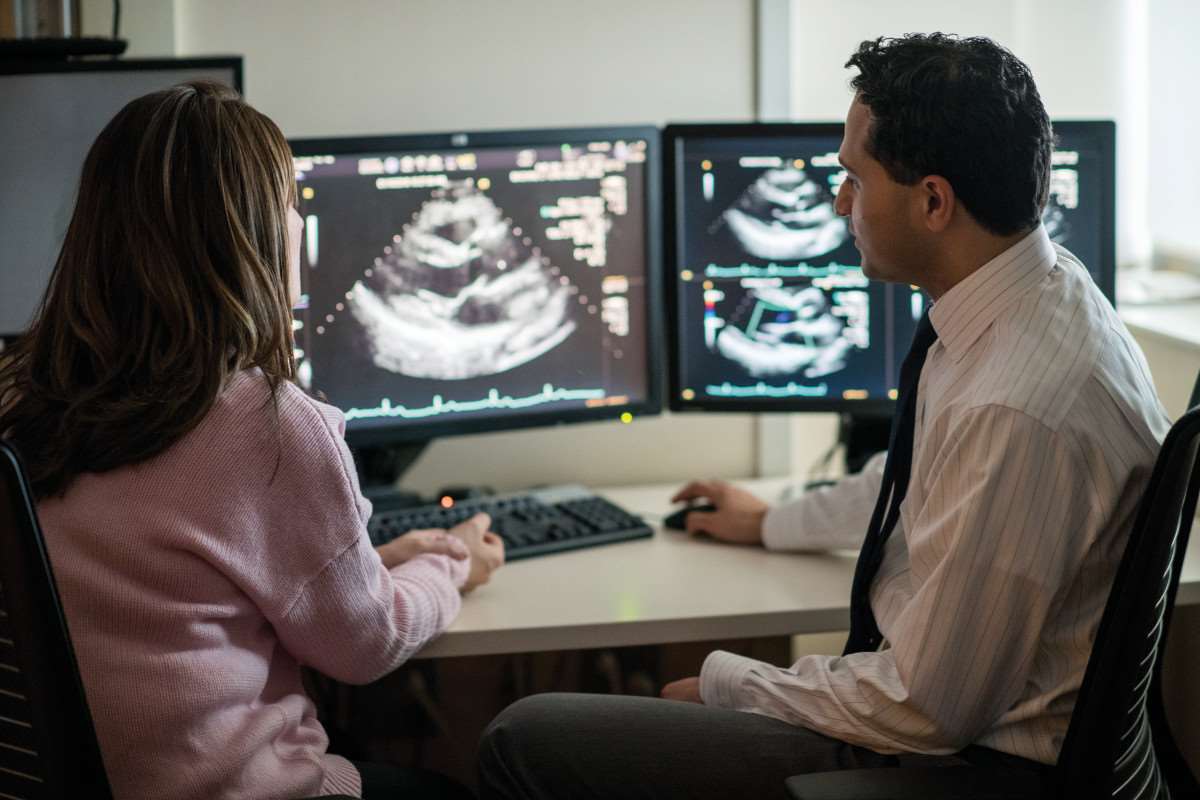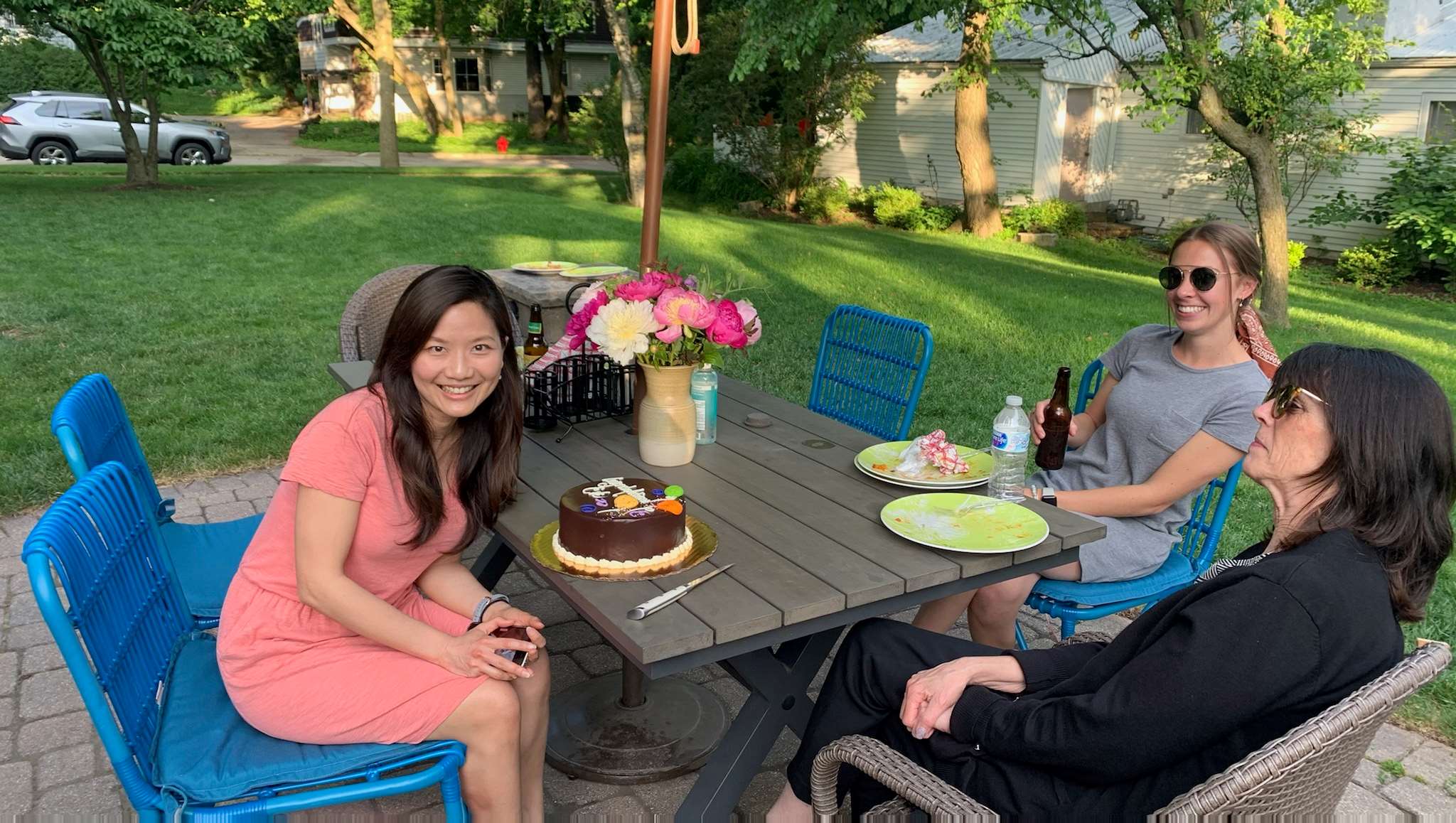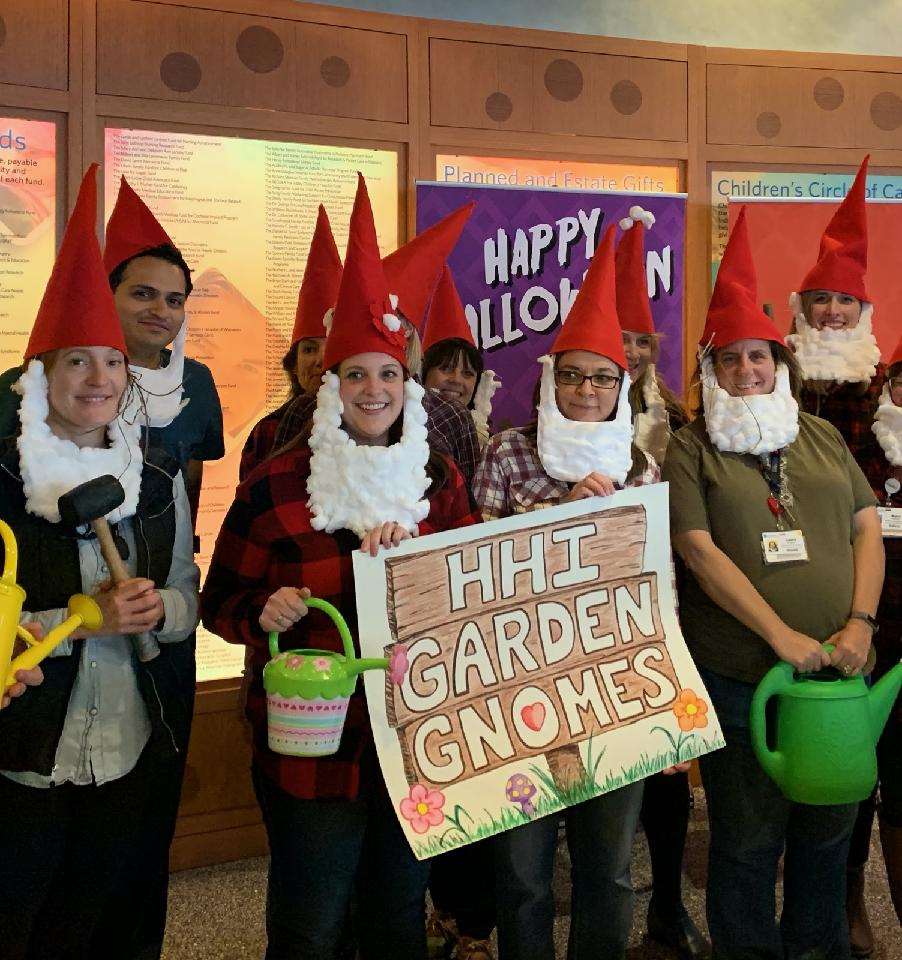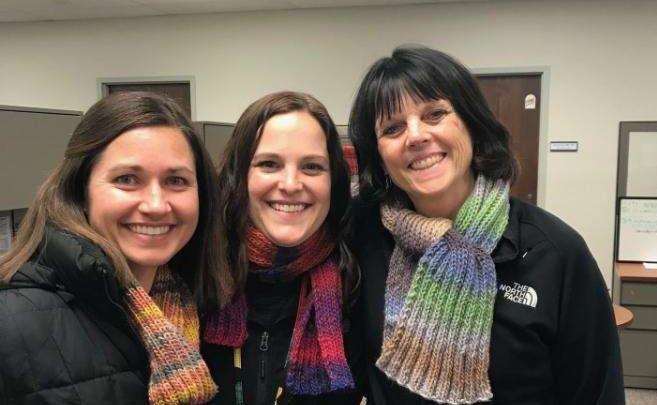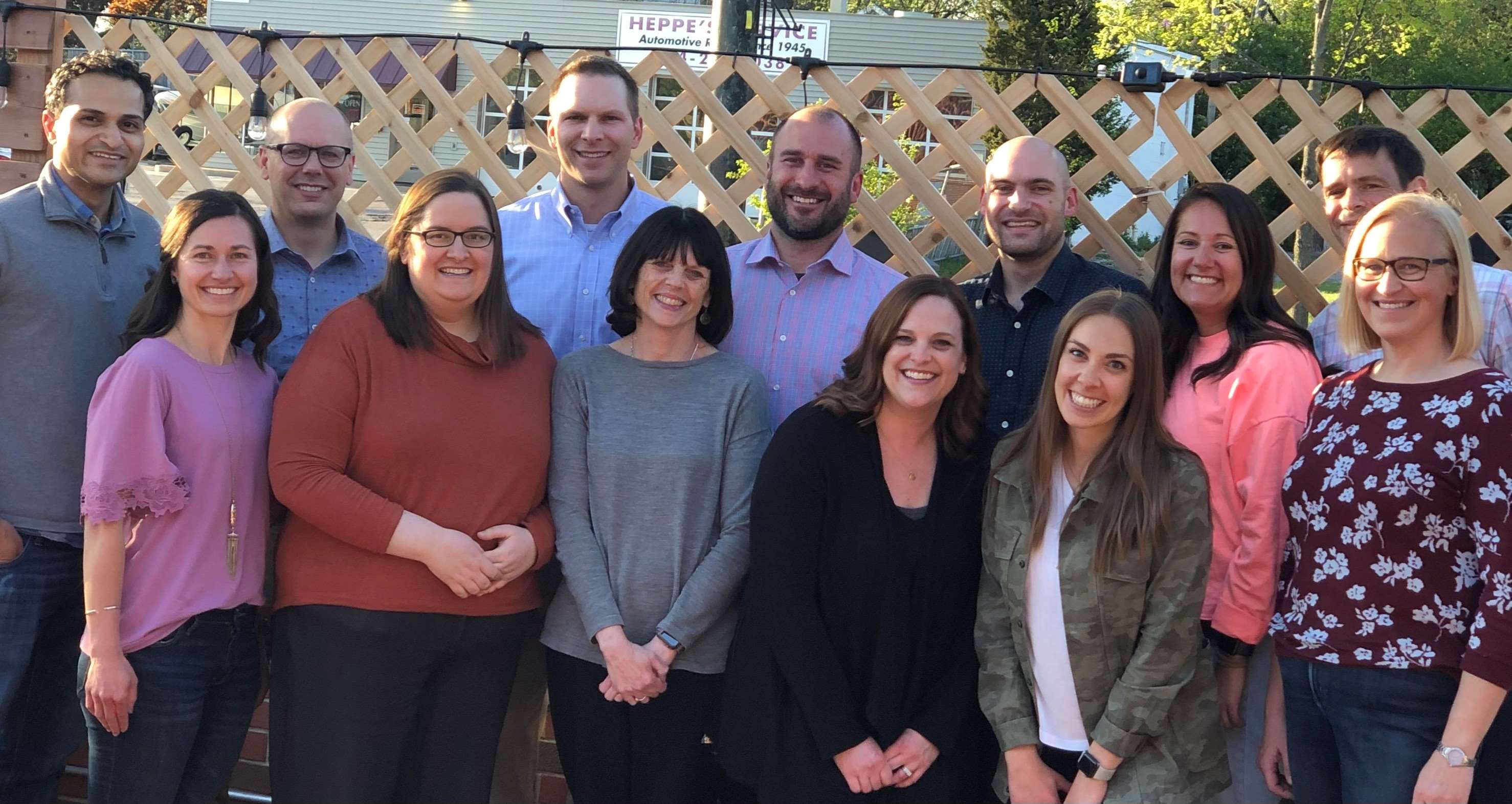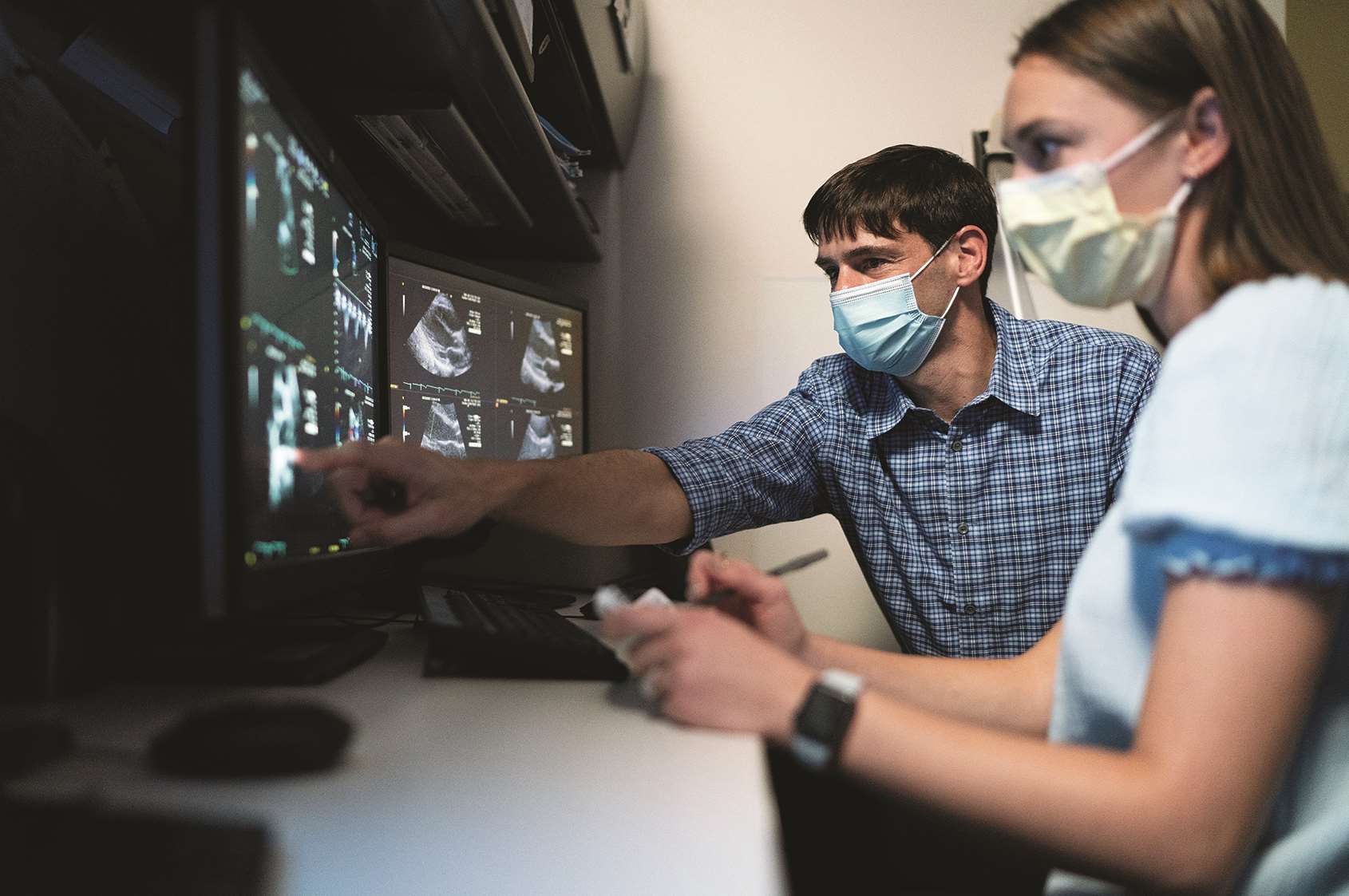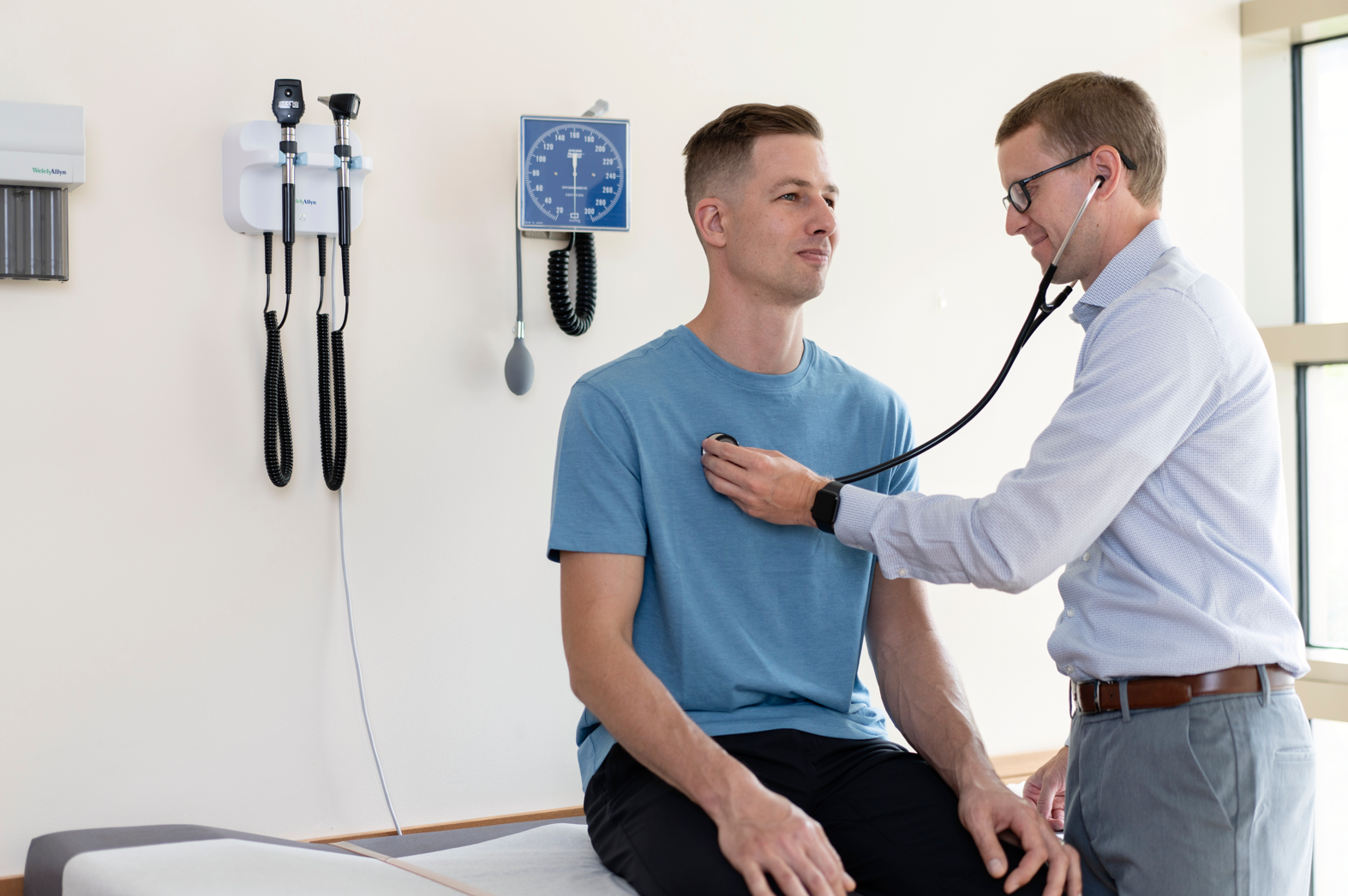Medical College of Wisconsin Adult Congenital Heart Disease Fellowship
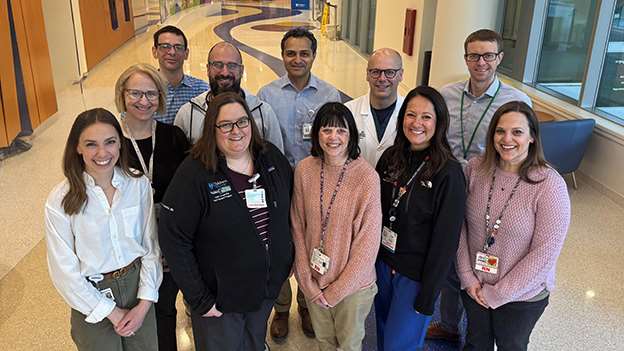
2+2 Training Option
The Adult Congenital Heart Disease (ACHD) Fellowship at the Medical College of Wisconsin is one of 13 programs approved to offer a 2+2 option for ACHD training. This option allows general adult cardiovascular disease fellows who have an interest in ACHD to use their 3rd year of general fellowship as a hybrid year, rotating through blocks in their general fellowship in addition to blocks that could be counted toward the ACHD fellowship (echo, CT/MRI or cath). The 4th year of fellowship is dedicated to ACHD blocks.
General fellows interested in this option must apply in the beginning of their second year of general fellowship. Fellows who apply for this option must be in good standing with their general cardiovascular fellowship and will be eligible for the CV boards after the completion of the hybrid year (3rd year). The fellows will be eligible for the ACHD boards after their dedicated ACHD year (4th year).
A Message from Our Director
Thank you for your interest in our fellowship program. I believe our program is special in that it combines a world-class, comprehensive cardiac program with a small group feel.
Here’s just a few things you can expect from our ACHD fellowship program:
A comprehensive and in-depth training in congenital heart disease from a variety of experts
Fellows in our program are exposed to the full continuum of ACHD care, seeing patients in the historic Herma Heart Institute at Children’s Wisconsin, as well as at Froedtert Hospital, a large tertiary referral center. This allows fellows to benefit from expertise in pediatrics and internal medicine. With our program, your curriculum will be tailored to complement your background, ensuring you have equal training in and exposure to both pediatric cardiology and adult congenital cardiology. While cardiologists provide the bulk of education, our fellows also learn a great deal from our cardiac surgeons, anesthesiologists, nurses, sonographers, cath lab techs, and many more.
A tailored approach, customized to your unique clinical interests
During your fellowship, you will be exposed to a wide variety of pathology, from simple bicuspid aortic valves to single ventricles and Eisenmenger’s syndrome. Our fellows are encouraged to tailor the fellowship toward their career interests within adult congenital heart disease. Past fellows have found niches in connective tissue disease, hypertrophic cardiomyopathy, advanced imaging and exercise physiology. Fellows can also participate in our heart disease in pregnancy program, which includes a joint cardiology and MFM clinic, as well as regular case conferences.
An opportunity to present research on national and international stages
In addition to clinical experience, fellows have the opportunity to participate in research and present their findings at national and international conferences. The combined resources of the Herma Heart Institute and Medical College of Wisconsin provide our fellows with support in IRB submission, research design, biostatistics and scientific writing. And, through our involvement with the Adult Alliance for Research in Congenital Cardiology and the Pediatric Heart Network, fellows can participate in a wide range of large multicenter to single center studies.
An urban setting, rich with cultural and social pursuits
Our fellowship experience is set against the backdrop of a vibrant, accessible and dynamic city. Milwaukee as a city is a special place – rich with history and unique neighborhoods. Whether you are interested in top-tier sports teams, award-winning restaurants, an active arts and theatre district, or the beauty of the lakefront of Lake Michigan, there is something for everyone here. As a person with no ties to the area, the laid back and friendly Midwestern vibe was especially welcoming when I first arrived. Individuals here will treat you as if they have known you forever, and the attitude inside the hospital reflects this culture, making it a great place to work.
A strong team full of lifelong friendships and camaraderie
I’m extremely fortunate to work closely with a strong team. Our program is made up of adult congenital cardiologists, ACHD nurses, nurse practitioners, a program coordinator and a social worker. Not only do we work well together in the hospital, but we also enjoy each other’s company outside of work. In the past, our close-knit group has competed in and won the Medical College of Wisconsin softball league championship, and we also compete against each other in our annual chili cook-off.
It is because of our team-based approach that fellows here often develop lifelong friendships with their mentors and colleagues. This makes every graduation from the program somewhat bittersweet for me as fellows move on to use their skills and talents at other premier institutions. But, of course, I am then reinvigorated when I see a former fellow at an ACHD conference, succeeding in our field.
Thank you again for your time, and I hope you are able to visit us in Milwaukee. Please don’t hesitate to reach out with any questions.
Scott Cohen MD, MPH
Professor
Director, Adult Congenital Heart Disease Program
sbcohen@mcw.edu
As an ACHD fellow, you will...
- Learn to take care of adult congenital heart disease (CHD) patients in both inpatient and outpatient settings; interpret cardiac MRI and echo for patients with CHD; have exposure to congenital cardiac catheterization procedures; manage cardiac patients during pregnancy; connective tissue disease patients; and manage pulmonary hypertension in patients with CHD.
- Identify and develop your personal scholarly interest(s) with close mentorship from faculty.
- Attend and ideally present your scholarly activity at regional, national, and international conferences.
- Develop your skills teaching patients and families, pediatric cardiology fellows, adult cardiovascular medicine fellows, pediatric and internal medicine residents, and medical students.
- Present in our combined surgical and interventional conference and follow a dedicated ACHD curriculum which teaches skills for working in a multi-subspecialty approach and communicate effectively the patient’s management plan.
- Work within a large ACHD center with nationally recognized ongoing research and quality improvement initiatives.
About Our Institutions
Medical College of Wisconsin (MCW)
The Medical College of Wisconsin brings together the most inquisitive minds in science, medicine, education and community engagement to solve the toughest challenges in health and society today. Academic medicine is at the core, where scientists, physicians and students work hand-in-hand with the community to ask the questions no one else is and fuel the continuous cycle of knowledge that’s shaping the future of medicine.
Children’s Wisconsin
Children’s Wisconsin is the region’s only independent health care system dedicated solely to the health and well-being of children. We offer a wide range of care and support for children of all ages. Our services include medical care, dental care, child and family counseling, foster care, adoption, social services, child advocacy and injury prevention.
About Our Fellowship
The Wisconsin Adult Congenital Heart (WAtCH) Program is the largest care team in the state formally trained to care for adults with congenital heart disease. Our program is accredited as an Adult Congenital Heart Association ACHD Accredited Program, demonstrating our ability to meet the highest standards of care.
Our core adult congenital cardiology faculty are uniquely qualified to train future adult congenital heart disease physicians, as they were trained in both internal medicine and pediatrics with subsequent advanced training in pediatric or adult cardiology and then subspecialty training in adult congenital heart disease. All core faculty are board certified in adult congenital heart disease and are on staff at Children’s Wisconsin and Froedtert & the Medical College of Wisconsin.
The WAtCH Program has been treating patients since 2005 and training fellows since 2010.
Our Fellowship in Pictures
The ACHD program at MCW provides excellent mentorship, clinical training and vast research opportunities. Having such a well established program was an important reason for my decision to stay at MCW for ACHD fellowship. The program offers strong relationships with both the pediatric and adult cardiology programs which provides an excellent clinical training experience for ACHD fellows. Fellows are able to participate in multidisciplinary conferences, didactics, and research projects with the mentorship of nationally recognized faculty. The people of the program make it a wonderful place to come to work every day. Besides having a great training program, Milwaukee is also a great family friendly city with something for everyone from sports, restaurants and entertainment.
Brad Johnson, MD, Past Fellow
Meet Our Fellowship Team
In addition to core ACHD faculty, fellows learn from an extensive multidisciplinary team which involves pediatric and adult cardiology programs, interventional cardiology electrophysiology, cardiac imaging, heart failure/transplant, pulmonary hypertension, cardiac intensive care, cardiothoracic surgery, cardiac anesthesia, OBGYN/MFM, genetic counselors, and more.
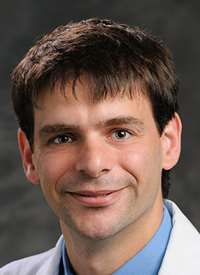
Scott B. Cohen, MD, MPH
Professor; Medical Director, Adult Congenital Heart Disease, MCW/Children’s Wisconsin; Director, Adult Congenital Heart Disease Fellowship Program, MCW/Children’s Wisconsin
Adult Cardiovascular Physician Profile
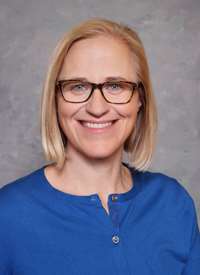
Kristen Andersen, BA
Program Coordinator
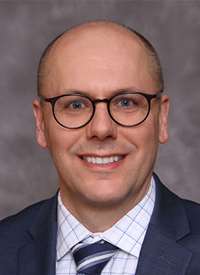
Peter J. Bartz, MD
Professor, Pediatrics & Medicine (Cardiology); Chief, Pediatric Cardiology; Leigh Gabrielle Herma Endowed Chair and Co-Director, Herma Heart Institute, Children's Wisconsin; Associate Chief Medical Officer-Ambulatory, Children’s Wisconsin
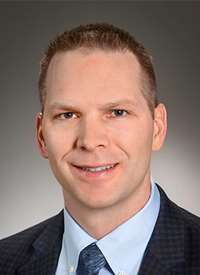
Matthew W. Buelow, MD
Associate Professor; Medical Director, Regional Services–Northeast, Children’s Specialty Group
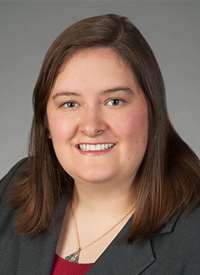
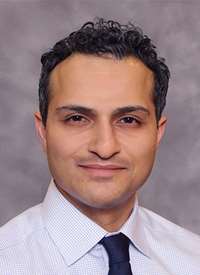
Salil Ginde, MD, MPH
Associate Professor; Director, Marfan and Related Connective Tissue Disorders; Co-Director, Fontan Survivorship and Advanced Therapies Program
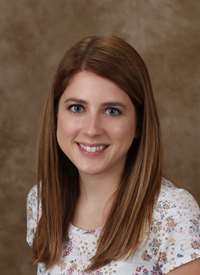
Melissa Hodgson, BSN
Nurse Clinician
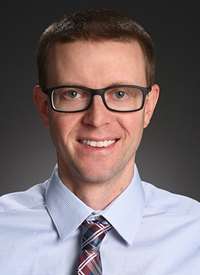
Bradley R. Johnson, MD
Assistant Professor; Adult Congenital Heart Disease Cardiologist
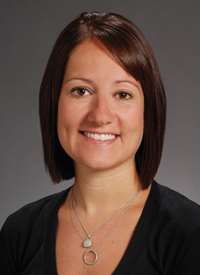
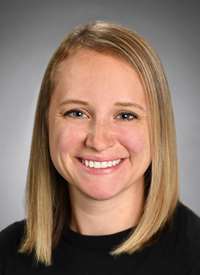
Ashley Lonardelli, BSN
Nurse Clinician
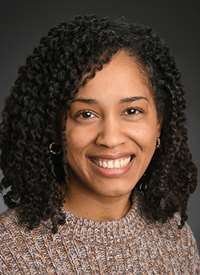
Christine Luckman, APSW
Social Worker
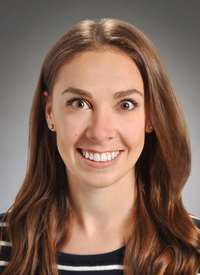
Melanie Parent, NP
Nurse Practitioner
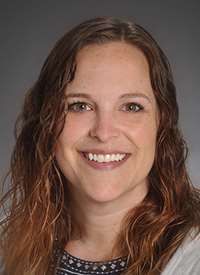
Emily Reinhardt, BSN
Nurse Clinician
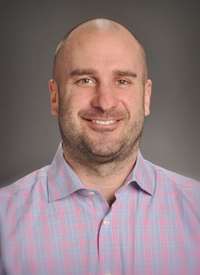
Joel Robers, BSN
Nurse Clinician
